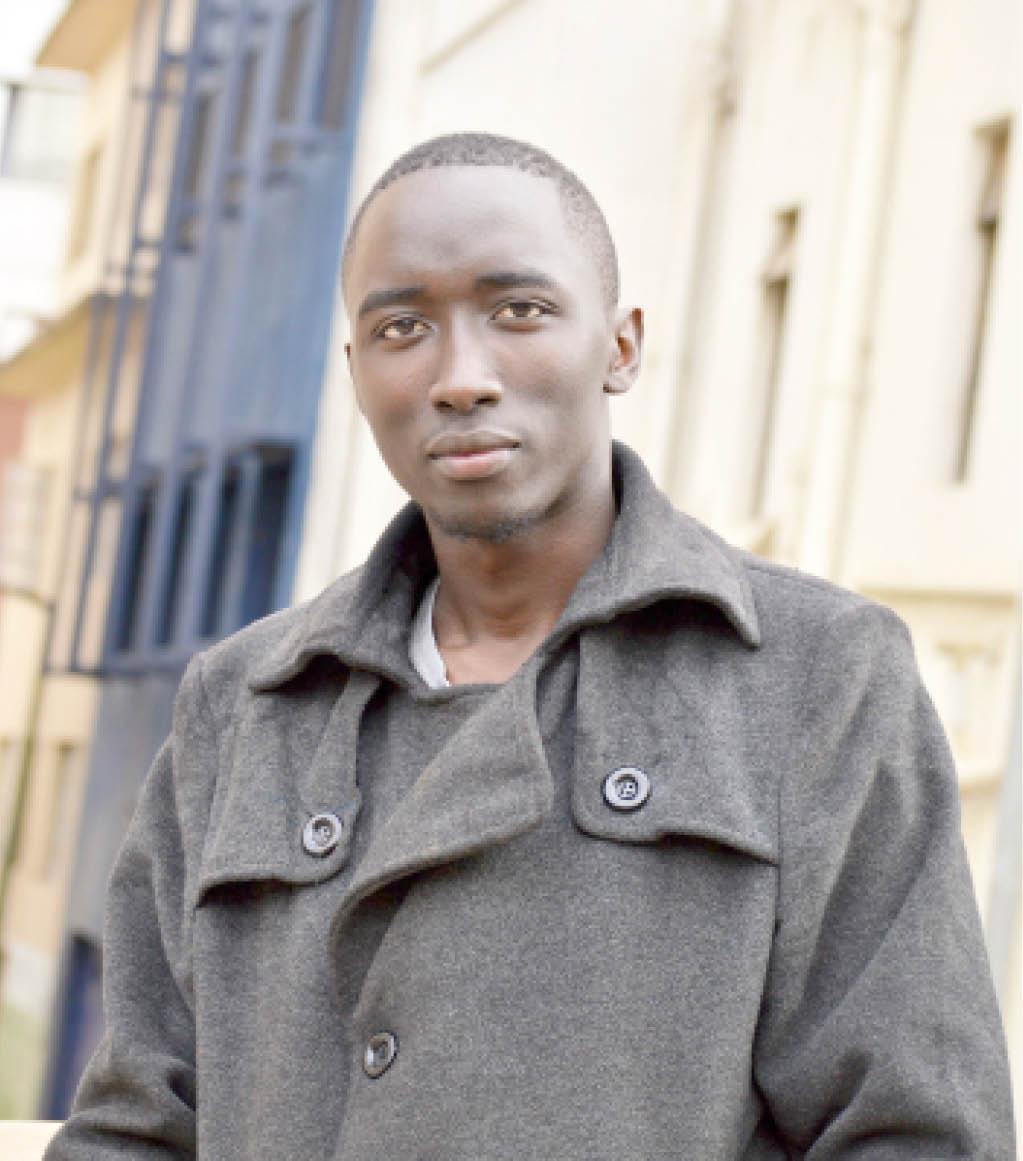Troy Onyango is the founder of Lowle, a new literary magazine launched in January 2020. A Kenyan writer, editor and lawyer, his work has been published in several literary platforms. He is the winner of the inaugural Nyanza Literary Festival Prize and first runner-up in the Black Letter Media Competition. He has also been shortlisted for the Short Story Day Africa Prize, the Brittle Paper Awards, and nominated for the Pushcart Prize. Here, he talks about Lolwe’s focus, his writing journey, awards, and more. Excerpts:
What was the major trigger for establishing a literary magazine at this time?
The African literary space has benefited from literary magazines like Saraba, Chimurenga, Jalada, Bakwa, JRB, Kwani?, and many others. All of them have worked to achieve different things while promoting African literature, and yet, there’s still more spaces needed as more voices need to be amplified. Lolwe comes in to complement and supplement that work being done by these magazines. Curating work has always been an interest of mine and it is my way of giving back to the African literary scene which has been so generous to me and has contributed to my growth as a writer. Through Lolwe, the hope is that more voices can be heard and we can all together build an even more vibrant literary community.
For me, Lolwe is a way to open up the space even more. It is my hope that more young writers get to have their work published and that the editorial process helps them find ways to improve their craft. It is also my hope that I can pay the people whose work gets published. As a writer myself, it has been so validating whenever I have been paid for my writing and I hope I can replicate this to other writers as well.
What does ‘Lolwe’ mean and what informed the name choice?
The name comes from Nam Lolwe, the traditional Luo name for Lake Victoria, which means ‘endless lake/water body.’ Therefore, Lolwe means ‘endless’ – ‘having or seeming to have no end or limit.’ I was born and raised around Lake Victoria and it continues to shape my work as most of the stories I heard as a child were set around the lake. The concept ‘endlessness’ appeals to me because of the temporality in stories, and also because I hope the magazine outlives me and becomes a thing of itself with its own mind; something endless. Lolwe also for me is about the reclamation of our names and narratives.
Lolwe will also be a portal for conversation between different countries through the translations that will be published. It is my hope that the project becomes bigger so that Lolwe can commission translations even for other African languages.
‘Lolwe’ is currently seeking submissions of fiction, literary criticism, personal essays, photography, and poetry. Have you received submissions from Nigeria? What are your expectations from the country being that it has the largest population in the continent?
Out of all the submissions Lolwe has received so far, Nigeria has the highest entries. This is expected because it is the powerhouse of African literature. The population plus the strong literary culture makes it impossible for any other country to contest this position. I am happy to see Nigerians sending their work.
You have been published in a variety of literary platforms including ‘Wasafiri,’ ‘Johannesburg Review of Books,’ ‘Ebedi Review,’ and several more. How would you describe your writing journey? What did it take to get published overtime?
My writing journey has been one full of surprises, if I am to be honest. I’m surprised each time I get an acceptance and I am still surprised when I see my work published either online or in print. I think it takes a while getting used to, especially when you haven’t been doing it for so long. I am so grateful for every single reader who finds meaning in my work and every editor who chooses to include my work in their publications. When I finish a story, I let it sit a while, send it to friends, who are also writers, for feedback and use that to make it better. The first draft is always terrible, and I only submit the third or fourth draft. Then, I wait for the acceptance or rejection.
You won the inaugural Nyanza Literary Festival Prize and emerged first runner-up in the Black Letter Media Competition. You have also been shortlisted for the Short Story Day Africa Prize, the Brittle Paper Awards, and nominated for the Pushcart Prize. How has this impacted on your writing career?
I think awards are good things for any writer at any stage of their career. They give your morale that much needed boost and expose it to a bigger audience. With each new award or nomination or win, you gain access to new readers. That in itself is progression as a writer. With that said, I try not to make an award shape my writing. I work hard not to change my writing for the sake of the aesthetics of any particular award. I write the story that I want to read and afterwards submit to an award I think may want to read it too. That way, even if they don’t like it, it is still mine.
You have an MA in Creative Writing with distinction from the University of East Anglia, where you were also a recipient of the Miles Morland Foundation Scholarship. What was it like being in a full writing programme?
The amount of time to read and write that one gets while in an MA or MFA program can never be understated, and for that reason alone, I am always grateful to the Miles Morland Foundation for sponsoring my studies at UEA. There are certain factors, the environment, the community of fellow readers and writers, and the experienced tutors who help with the knowledge of craft, that make the University of East Anglia a good place to be in and exercise one’s creativity.
How relevant would you say getting a degree in creative writing is to writers?
I don’t think it is essential. I think to be a writer is to read, read, write, repeat. Would I encourage writers to get an MA or an MFA? Absolutely. Do I think those who don’t have those degrees are lesser writers? Not at all. I know some brilliant writers, writers I admire, writers who are more audacious with craft, who have never had a writing degree. Toni Morrison says, “I think some aspects of writing can be taught. Obviously, you can’t teach vision or talent. But you can help with comfort.” I think that’s what an MA or MFA does; it opens your eyes to your choices and makes you comfortable in them. You learn the more technical aspects of writing, and sometimes that is good for a writer.
How do you view the development of African and Nigerian literature in particular?
I think there are important things happening currently that are helping put the structures in place. Publishing houses like Ouida, Masobe, Paivapo, and Narrative Landscape are coming up and they are supporting writers across the continent. There are festivals like Ake and Abantu that are integral to the literary ecosystem. I am excited about all the initiatives taking place for they all contribute to the growth of African literature.
What are you working on currently?
I’m working on a novel and a short story collection.




